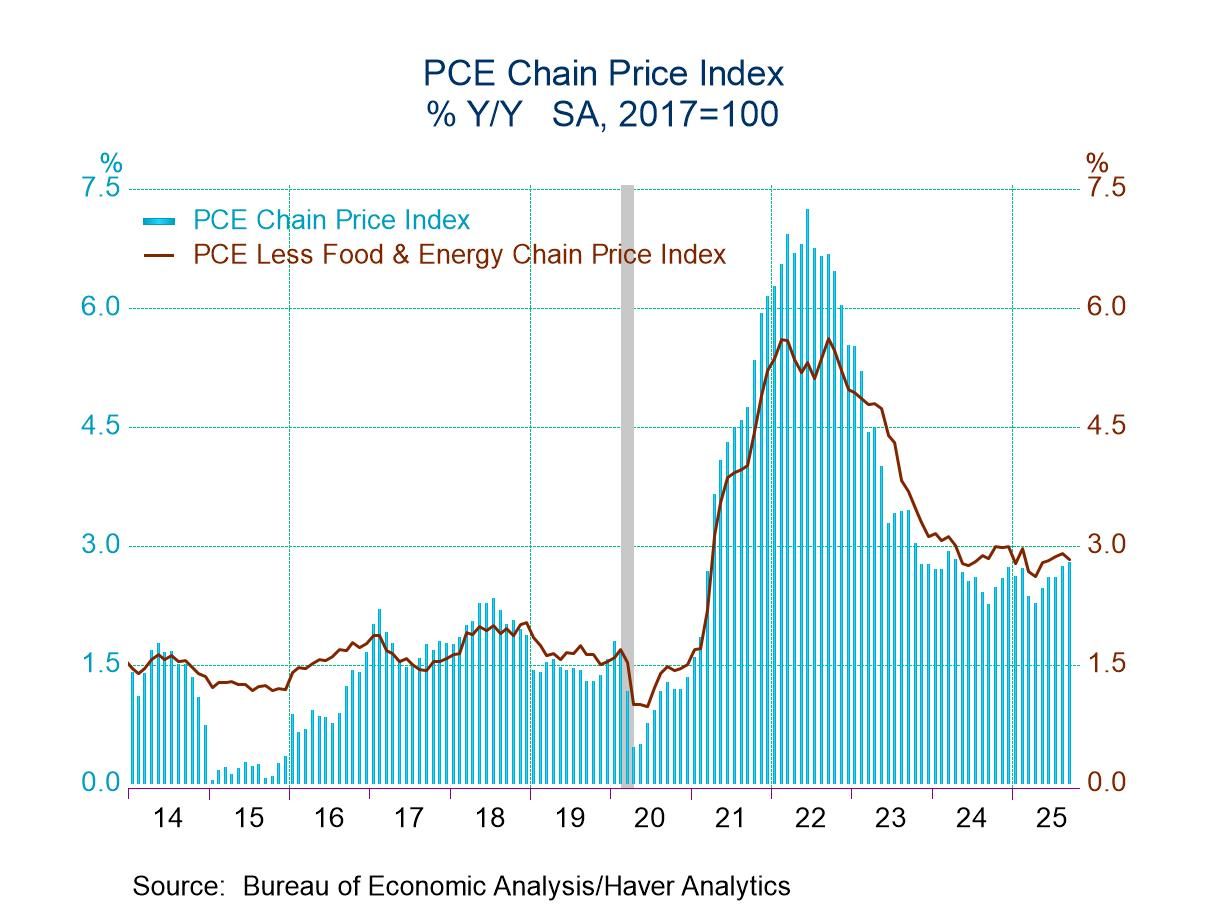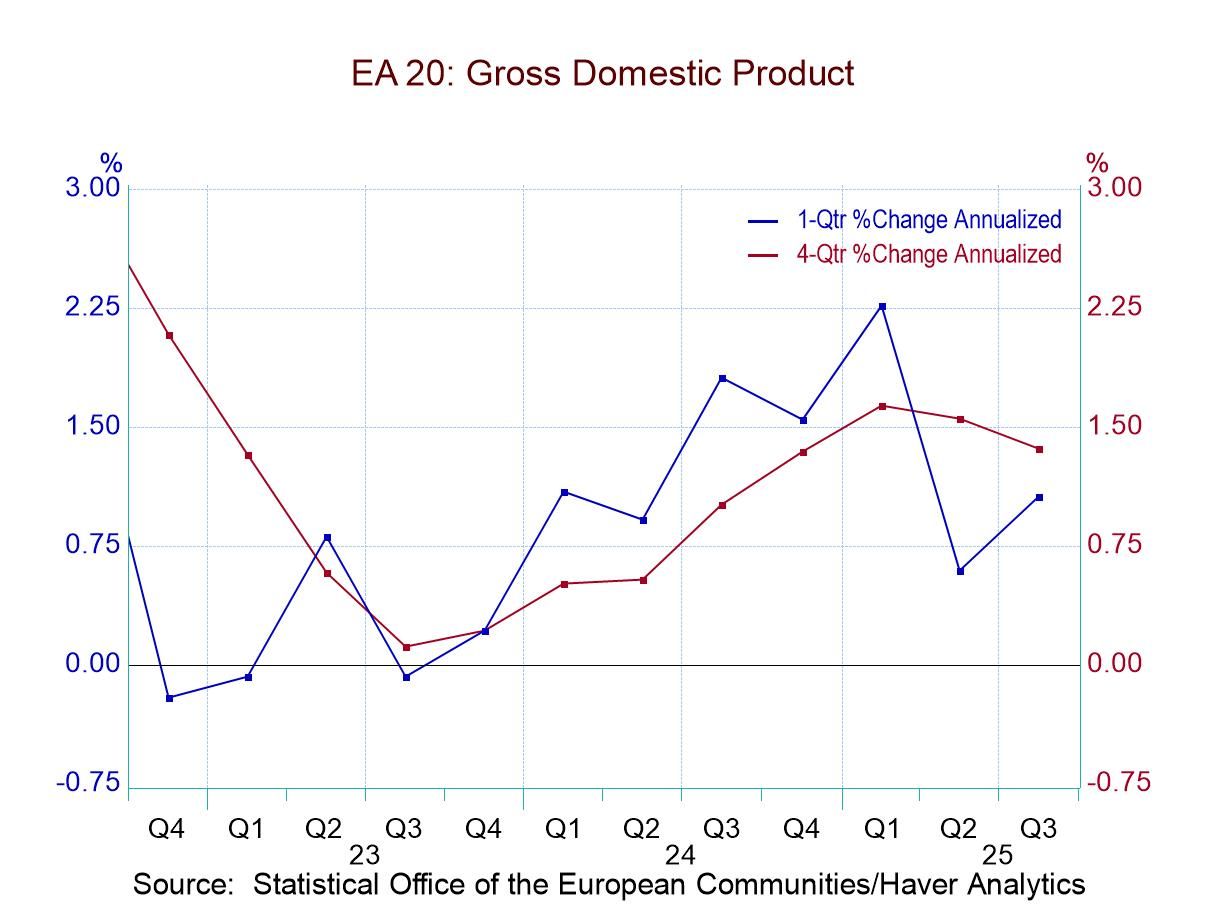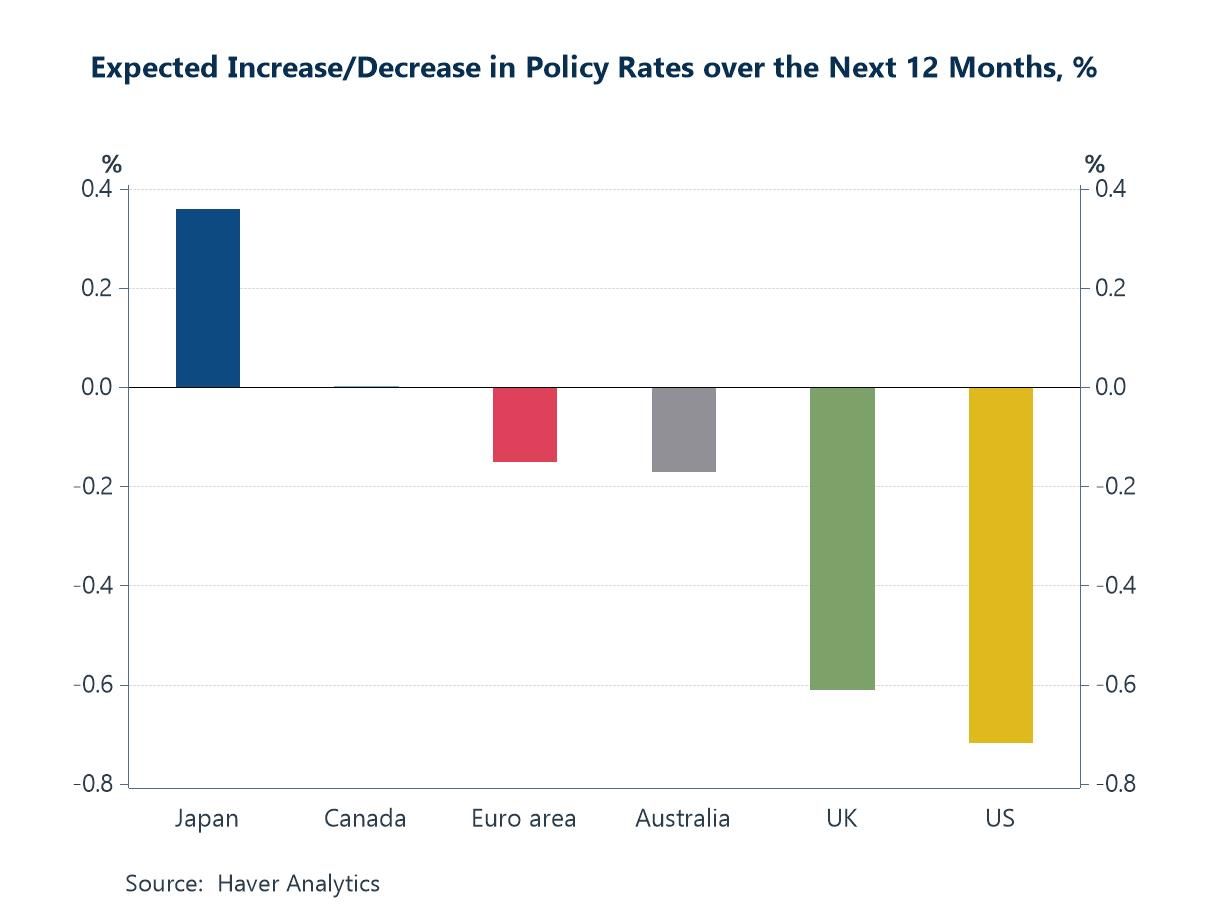 Global| Jan 22 2009
Global| Jan 22 2009U.S. Housing Starts At Record Low
by:Tom Moeller
|in:Economy in Brief
Summary
The pace of the downturn in the U.S. housing market accelerated at the end of last year. Housing starts fell to a record low in December of 550,000 units (SAAR) which was the lowest in the series' history that extends back to 1959. [...]
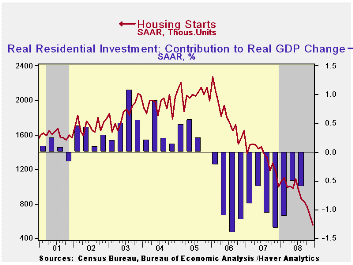
The pace of the downturn in the U.S. housing market accelerated at the end of last year. Housing starts fell to a record low in December of 550,000 units (SAAR) which was the lowest in the series' history that extends back to 1959. November starts were revised slightly higher and Consensus expectations for December were for 608,000 starts.
Not only were the latest figures at their historic low but the rate of decline had been accelerating all year to the point where starts during 4Q were one quarter below the 3Q level. That is more than double the 3Q rate of decline and also the fastest on record.
Starts of single-family homes fell to their record low of 398,000 from an upwardly revised November. The level is down by three-quarters since the peak in early 2006. During the last three months, the annual rate of decline reached 72.8%. Permits to build single-family homes also fell to their record low, off by nearly one-third during the last three months. During the last ten years there has been an 84% correlation between the q/q change in single-family starts and their contribution to quarterly GDP growth.
Starts of multi-family homes fell 20.4% in November alone to their lowest level since early-1994. They are down by one-third since December 2007.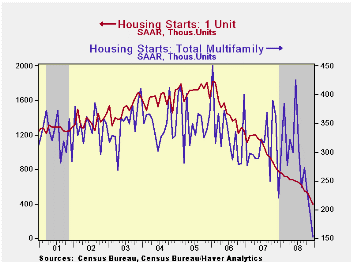
By region, December starts of single-family units in the Midwest were the weakest last month. They were off by more than one-quarter from November and by nearly fifty percent year-to-year. Starts in the West fell 22.7% from November and they were also down by one-half from December of 2007. In the South starts fell by a lesser 9.7% during December. They too were off by one-half from their December 2007 level. In the Northeast starts actually posted a slight uptick during December but they were down by one-third from the year ago level.
Economic Outlook Symposium: Summary of 2008 results and forecasts for 2009 from the Federal Reserve Bank of Chicago can be found here.
| Housing Starts (000s, SAAR) | December | November | October | Y/Y | 2008 | 2007 | 2006 |
|---|---|---|---|---|---|---|---|
| Total | 550 | 651 | 767 | -45.0% | 902 | 1,341 | 1,812 |
| Single-Family | 398 | 460 | 536 | -43.9 | 618 | 1,034 | 1,474 |
| Multi-Family | 152 | 191 | 231 | -31.2 | 285 | 307 | 338 |
| Building Permits | 549 | 615 | 730 | -50.6 | 880 | 1,389 | 1,844 |
Tom Moeller
AuthorMore in Author Profile »Prior to joining Haver Analytics in 2000, Mr. Moeller worked as the Economist at Chancellor Capital Management from 1985 to 1999. There, he developed comprehensive economic forecasts and interpreted economic data for equity and fixed income portfolio managers. Also at Chancellor, Mr. Moeller worked as an equity analyst and was responsible for researching and rating companies in the economically sensitive automobile and housing industries for investment in Chancellor’s equity portfolio. Prior to joining Chancellor, Mr. Moeller was an Economist at Citibank from 1979 to 1984. He also analyzed pricing behavior in the metals industry for the Council on Wage and Price Stability in Washington, D.C. In 1999, Mr. Moeller received the award for most accurate forecast from the Forecasters' Club of New York. From 1990 to 1992 he was President of the New York Association for Business Economists. Mr. Moeller earned an M.B.A. in Finance from Fordham University, where he graduated in 1987. He holds a Bachelor of Arts in Economics from George Washington University.



